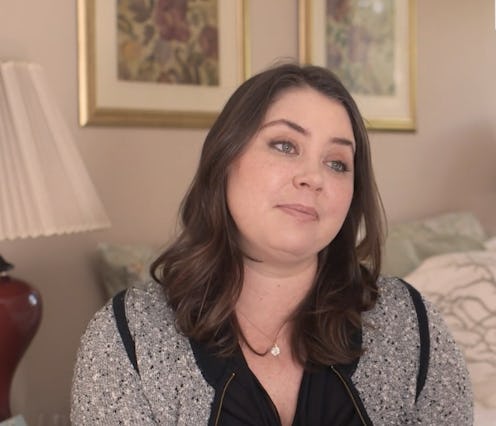News
How Brittany Maynard May Change Death with Dignity

Following tearful media appearances and homemade videos, Brittany Maynard ended her life on Nov. 1 with a lethal dose of barbiturates, prescribed to her by her physician under Oregon's Death with Dignity Act. The 29-year-old teacher and traveler made her intentions public in October with some help from the death-with-dignity advocacy organization Compassion & Choices, her story reigniting the lethal-assisted suicide debate in America. Now that Maynard has left behind her powerful message, will she become the new face of the death with dignity movement?
In the last decade, social issues like abortion and same-sex marriage have taken the national conversation away from physician-assisted suicide, a practice that once dominated media attention with the vanguard of the death with dignity movement, Dr. Jack Kevorkian. But the push to legalize physician-assisted suicide for people with terminal illness has stalled, with only a handful of states actively trying to pass right-to-die bills. Currently, just three states — Oregon, Washington and Vermont — have laws allowing physician-assisted suicide, while Montana and New Mexico have recently authorized the practice through court rulings.
Maynard captured everyone's attention because she wasn't the "average" patient who chooses to die with dignity in one of these states, writes Dr. Art Caplan, an employee of the Division of Medical Ethics at New York University's Langone Medical Center, in an op-ed for Medscape. Because she was "young, vivacious, attractive, a newlywed," Caplan believes her story could re-frame the death-with-dignity debate in America:
Now we have a young woman getting people in her generation interested in the issue. Critics are worried about her partly because she's speaking to that new audience, and they know that the younger generation of America has shifted attitudes about gay marriage and the use of marijuana, and maybe they are going to have that same impact in pushing physician-assisted suicide forward. ... She may change the politics here.
Maynard's wide-reaching social media presence through her campaign with Compassion & Choices certainly helped launch her story to a new, younger audience who may have never thought about or discussed end-of-life care and physician-assisted suicide. Yet despite her magazine covers, her emotional YouTube videos, and even being the subject of every major talk show from Fox News to The View, Maynard racked up quite a large number of critics and foes who saw her as a martyr for the wrong cause.In a response to an anti-death-with-dignity doctor who publicly misrepresented her case, Maynard reiterated her commitment to ending her life on her own terms in an Oct. 24 blog post:
I am very confident about this. This is a patient right that is critical to understanding Death with Dignity. The claim of exploitation is utterly false considering I had gone through the entire process of moving, physician approval for DWD, and filled my prescription before I EVER even spoke to anyone at Compassion and Choices about volunteering and decided to share my story. I support the organization because I support the cause. I believe this is a healthcare right and CHOICE that should be available to ALL terminally ill Americans.
On Oct. 31, the National Right to Life — an organization largely known for its fierce opposition to abortion — posted an op-ed on its website who said they would "never criticize Maynard" but accused Compassion & Choices of exploiting "her tragedy for its own malevolent purposes." The organization continues:
For understandable but incorrect reasons, Maynard sees criticism of Compassion & Choice and pleas that she not commit assisted suicide as judgmental. No, that is not the case.It is, in the former instance, an expression of fierce resistance to a very sophisticated anti-life organization. In the latter case, it is motivated by the knowledge that she is not “helping” her family by taking her life before the disease does.
Although Americans remain divided on the right-to-die issue, Maynard's story has certainly sparked a new, growing debate and has even revived a struggling political movement. For example, fresh attention has turned to a New Jersey right-to-die bill that already has a ton of support, compelling an opponent of the bill to publish an op-ed in The Star-Ledger urging state lawmakers and residents to reject the bill. "The Assembly must resist the pressure to make public policy based on one person," right-to-life advocate John B. Kelly writes."Assisted suicide laws are just too dangerous."
Maynard may have caused controversy, but she also had the last word on this issue — just like she wanted. As Maynard's obituary, published online on Compassion & Choices' The Brittany Fund, quotes her:
"The freedom is in the choice," she believed. "If the option of DWD is unappealing to anyone for any reason, they can simply choose not to avail themselves of it. Those very real protections are already in place."
Images: The Brittany Fund